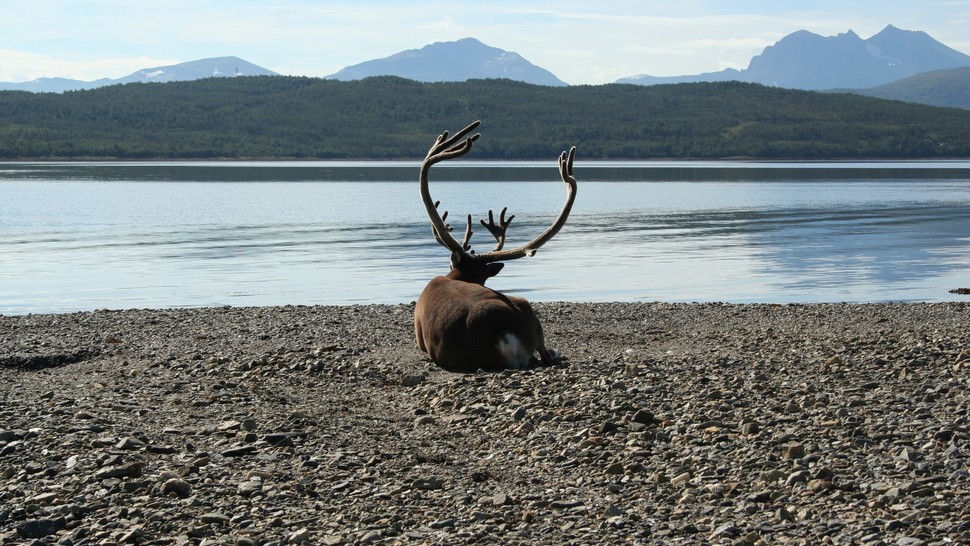
BIOLOGICAL CLOCKS IN THE ARCTIC
Are you an early bird or a lark? When do you go to bed? When do you learn best? Do you sleep better in winter or in summer? Sleep is only one of the many processes timed by an internal clock. All organisms have biological clocks to deal with the demands of the rhythmic change of day and night, light and darkness. Biological clocks control times of rest and activity in a 24 hour day, but also seasonal changes such as the best times to migrate, hibernate, gain weight or when to change fur or plumage. Sun light is the most important signal for biological clocks. The times of sunrise and sunset and the position of the sun in the sky tell the body what time of day and year it is. But what if there is no light? What if there is no darkness? Welcome to the Arctic! Find out how nature copes with month after month of day – or night.
Relevant Polarpedia terms for this webinar: Biological clocks, Circadian rhythm, Hibernation, Midnight sun, Phenology, Polar night, Polar syndroms, Winter darkness
Accompanying worksheet for this webinar (please print and prepare your students for the lesson).
NOTE: If there are no places left for the lesson, please still enrol to be on a standby list.
